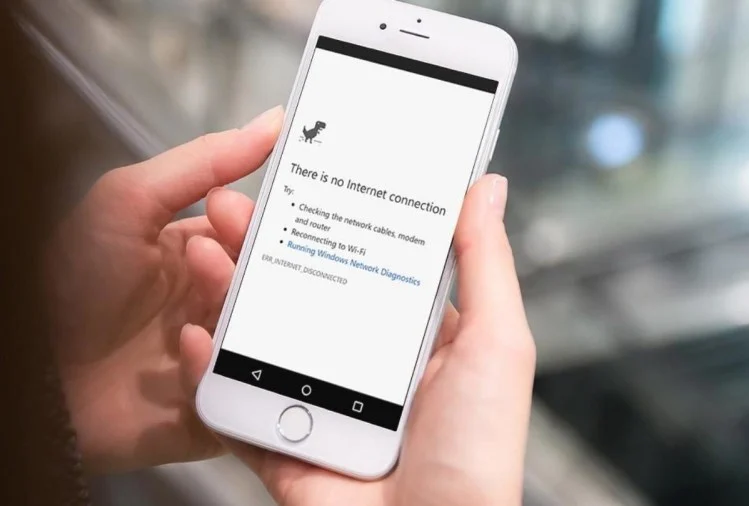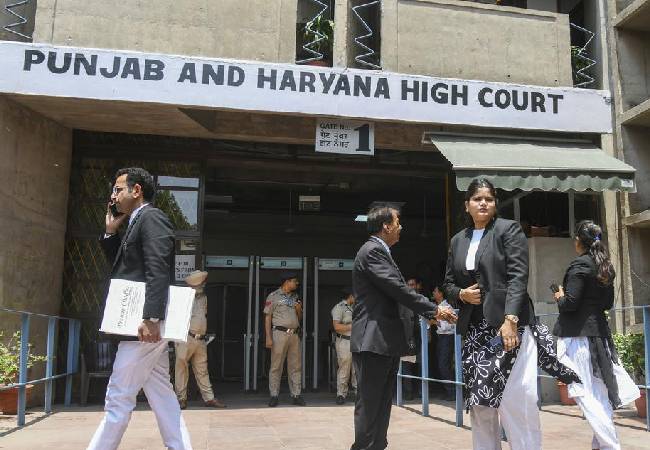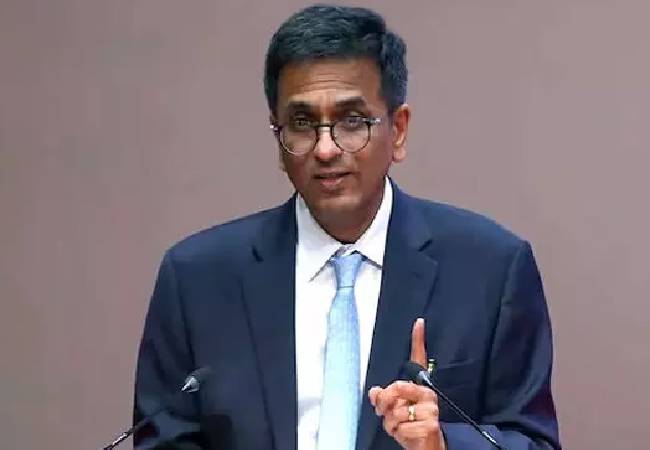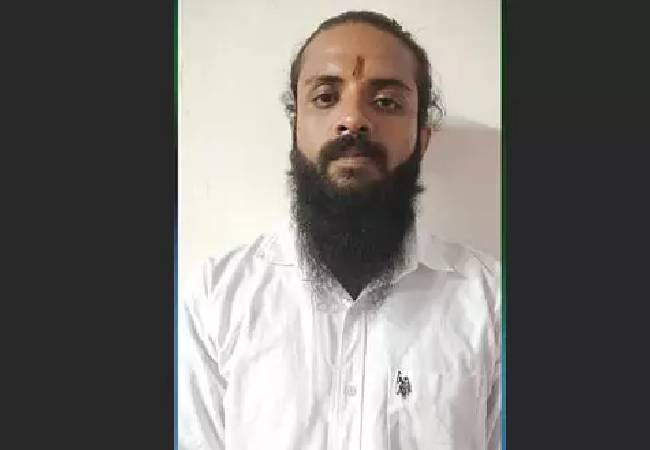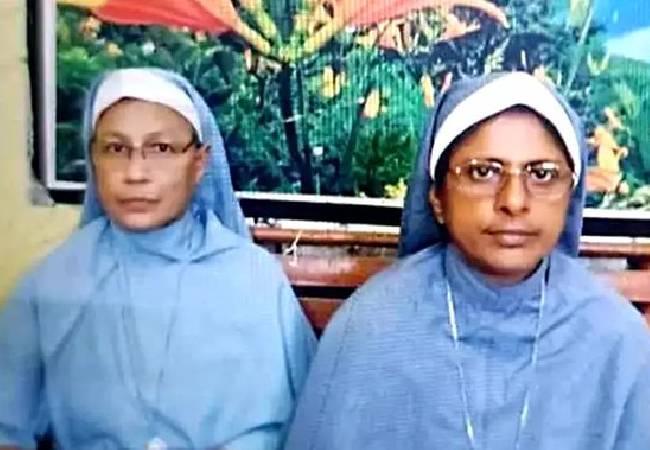Chandigarh, Jan 31: The Haryana government on Sunday further extended the suspension of mobile internet services in 14 districts till 5 pm on February 1 to "prevent any disturbance of peace and public order" amid a protest by farmers against three farm laws.
According to an official statement issued here, the government has extended the suspension of mobile internet services in districts of Ambala, Kurukshetra, Karnal, Kaithal, Panipat, Hisar, Jind, Rohtak, Bhiwani, Sirsa, Fatehabad, Charkhi Dadri, Sonipat and Jhajjar till 5 pm on February 1.
In the fresh order issued by the Home Department, the suspension has not been extended in Yamunanagar, Palwal and Rewari districts, where the mobile internet services were suspended earlier.
"The Haryana government has extended the suspension of mobile internet services (2G/3G/4G/CDMA/GPRS), SMS services (only bulk SMS) and all dongle services, etc. provided on mobile networks except the voice calls in the territorial jurisdiction of the 14 districts," the statement said.
"This order has been issued to prevent any disturbance of peace and public order in the jurisdiction of these districts of Haryana. Any person who will be found guilty of violation of aforesaid order will be liable for legal action under relevant provisions," it added.
Chief Minister Manohar Lal Khattar said the decision was taken in the wake of the situation which had built up following incidents of violence in the national capital on January 26.
Talking to reporters in Ambala, Khattar said the decision to suspend the internet for a temporary period in that situation was appropriate and it would be restored once things normalise.
Referring to the criticism of the Congress party which said that suspension of the mobile internet services would also affect the students, Khattar said his government had made all arrangements during the COVID-19 pandemic also to ensure that studies of students were not disrupted.
Hitting out at the Congress, he alleged that the party has contributed towards the situation which has built up after January 26 incidents.
Khattar said the issue can be resolved through dialogue and added the prime minister has said that doors are always open for talks.
Congress general secretary Randeep Singh Surjewala had claimed that the internet ban was ordered "with the intention to crush the farmers'' agitation" and demanded its immediate resumption.
He had said the decision would affect professionals working from home due to the coronavirus pandemic, students, traders and shopkeepers and cause inconvenience to the common people.
The state government on Tuesday had ordered suspension of mobile internet services in Sonipat, Jhajjar and Palwal districts after a violent farmers' protest rocked Delhi.
On Friday, it extended the suspension to 14 other districts. There are a total of 22 districts in the state.
Thousands of protesting farmers had clashed with the police during the tractor rally in Delhi called by farmer unions on January 26 to highlight their demand for the repeal of the Centre's three farm laws.
Many of the protesters, driving tractors, reached the Red Fort and entered the monument.
Some protesters even hoisted religious flags on its domes and the flagstaff at the ramparts.
Let the Truth be known. If you read VB and like VB, please be a VB Supporter and Help us deliver the Truth to one and all.
Chandigarh: The Punjab and Haryana High Court has refused to grant anticipatory bail to Vikas Tomar, who is accused of removing the national flag from a mosque in Gurugram’s Uton village and replacing it with a saffron flag.
Justice Manisha Batra, presiding over the case Vikas Tomar @ Vikash Tomar v. State of Haryana, observed that the allegations against the petitioner were not vague but specific, and supported by conversations between him and other co-accused.
“The gravity of the offence and its potential impact on public order and communal peace cannot be overlooked at this stage,” the Court noted. It further stated that no exceptional circumstances had been presented that would justify granting pre-arrest bail, especially given the “serious communal and constitutional implications” of the alleged conduct.
According to the prosecution, a complaint was filed on July 7 in Bilaspur, Gurugram, reporting that anti-social elements had replaced the national flag atop a mosque with a saffron flag. Audio and video evidence were submitted along with the complaint. Two other accused were initially arrested under the Bharatiya Nyaya Sanhita (BNS) and Section 2 of the Prevention of Insult to National Honours Act, 1971, but were granted bail the same day.
The Sessions Court had earlier denied anticipatory bail to Tomar on July 15, with Additional Sessions Judge Sandeep Chauhan observing that such acts threaten the social fabric in a diverse country like India. He remarked, “Any person of ordinary prudence and slightest of patriotism in his heart would not have dared to commit such a crime.”
Tomar's counsel argued before the High Court that he was not named in the FIR and had no role in the alleged incident. However, opposing counsel representing the State and the complainant contended that Tomar aimed to provoke communal unrest in the region.
Justice Batra, after considering the arguments, concluded that custodial interrogation of the accused was necessary. “No ground for grant of anticipatory bail is made out,” the Court held.
Advocate Abhimanyu Singh appeared for the petitioner, while Additional Advocate General Apoorv Garg represented the State of Haryana. Advocate Rosi appeared for the complainant.
The bail plea was dismissed.

